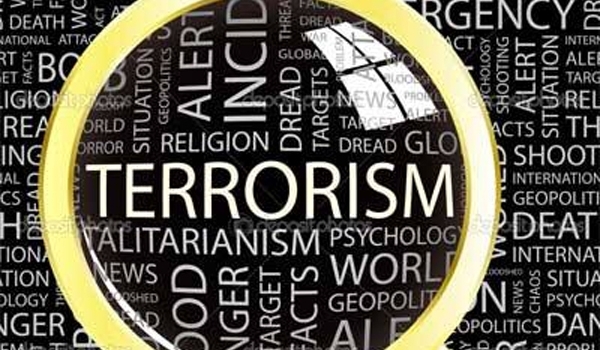
RNA - "Occupation of countries by other states provided the ground for the spread of terrorism; occupation of Afghanistan either by the former Soviet Union or by the Americans and the NATO in this period of time led to the creation and spread of the terrorist groups," Larijani said, addressing a meeting in Pakistan on Sunday to discuss ways to fight terrorism.
"The intelligence services' use of terrorist streams and supplying them with financial and arms aid to attain their goals was another reason for the growth of these streams," he added.
Larijani said that the terrorist groups also viewed the foreign intelligence services instrumentally and used their tactical back-up and possibilities, but given their special rules, they moved to a different path from the spy agencies.
In relevant remarks in November, Iranian Defense Minister Brigadier General Amir Hatami described the US and Israel as the biggest and most dangerous advocates of terrorist groups in the region, and expressed regret that certain regional states have been fooled by them into destabilizing other countries.
"Unfortunately, certain regional and trans-regional states have not given up their destabilizing acts and have been entangled in the US and the Zionist regime's trap and are after disintegration of the regional states and turmoil after attacking Afghanistan and Iraq, creation of the ISIL in Iraq and Syria and the war in Yemen. Such situation is no good to the region and the Muslim world," General Hatami said in a meeting with Pakistani Chief of Army Staff (COAS) General Qamar Javed Bajwa in Tehran.
He described the US and the Zionist regime as the biggest and most dangerous supporters of terrorism in the region, and said, "Extremism is the result of the US policies and war on terrorism is just a pretext by the White House statesmen to gain control over the Islamic territories and their resources."
"The Islamic Republic of Iran uses all its power and capacities to maintain regional security and territorial integrity of all countries," General Hatami said.
General Bajwa, for his part, underscored the Islamic countries' potentials, and said, "The regional and Muslim states' unity in the current sensitive conditions is among the necessities to establish sustainable stability and security and we hope to be able to form a united Islamic Ummah."
847/940